How Long Do Ski Boots Last? A Comprehensive Guide for Skiers
September 30, 2024 | Ski Equipment, Skiing, Skiing Tips
Ski boots are one of the most critical components of your skiing gear, providing the connection between you and your skis. However, like all equipment, ski boot shells don’t last forever, and knowing when to replace them is essential for both performance and safety. In this guide, we’ll explore the factors that determine the lifespan of ski boots, how to recognize when it’s time for a replacement and ways to extend their durability.
What Affects the Lifespan of Ski Boots?
Several factors contribute to how long ski boots last. The material, frequency of use, and care you give your shoes significantly determine their longevity. Here’s a breakdown of these factors:
1. Material and Build Quality
The durability of your ski boots largely depends on the materials used in their construction. High-quality ski boots are made with stronger plastics and ski boot liners, making them last longer than cheaper alternatives. These premium materials provide better resilience to wear and tear, ensuring your boots remain functional over extended periods.
- Shell Material: Most ski boots have a plastic shell, lasting anywhere from 100 to 200 days on the slopes. However, constant exposure to extreme cold and flexing can cause the shell to crack or weaken over time.
- Liners: The liner inside the boot offers cushioning and support. Due to compression from frequent use, it often wears out faster than the shell. Liners typically last between 50 and 100 days of skiing.
2. Frequency of Use
A skier who hits the slopes every weekend will find their boots wearing out faster than someone who only skis a couple of times a year. On average, ski boots can last between 5-10 years for casual skiers but may need replacement more frequently for those who ski more regularly.
3. Skiing Style
Your skiing technique and aggressiveness can also affect your boots’ lifespan. Aggressive skiers who apply significant force to their boots will experience more wear and tear. Racers and freestyle skiers tend to need new boots more frequently due to the stress their style places on the gear.
4. Terrain
The type of terrain you frequent can impact how long your ski boots last. Skiing on rugged, off-piste terrain can cause more damage to the boots compared to skiing on well-groomed slopes. Rocks, ice, and other hard surfaces can lead to shell cracks and other forms of damage.
Read More: How Many Ski Lessons Does a Beginner Need?

How to Tell When Your Ski Boots Need Replacement
Replacing ski boots before they negatively affect your performance or safety is crucial. Here are signs that your ski boots might be nearing the end of their useful life:
1. Decreased Comfort
As the ski boot liners compress over time, you may notice reduced cushioning and support, leading to discomfort. If you find that your ski boots no longer fit snugly or cause pain after short periods of skiing, it may be time to consider replacing the liners or the boots entirely.
2. Cracks in the Shell
Visible cracks or significant scratches on the plastic shell indicate that the boot has undergone substantial wear. Even if the cracks seem minor, they compromise the structural integrity of the current boots, reducing performance and increasing the risk of injury.
3. Loose Fit
Over time, the boot flex can become softer, and the boots might feel looser even when buckled tightly. A loose fit reduces control over your skis, making executing precise turns or stops harder. If you feel that the boots are not gripping your feet properly, it’s time for a replacement.
4. Difficulty Buckling
When the buckles on your boots start to wear out, they may no longer function properly, causing difficulty in securing your boots. Poorly functioning buckles can make it hard to achieve the desired tightness, leading to compromised performance.
5. Unpleasant Odors
Over time, moisture and sweat can accumulate in the liners, leading to a permanent odor. While you can wash or replace liners, a persistent smell may indicate it’s time for new boots.
How to Extend the Life of Your Ski Boots
Proper care and maintenance can significantly extend the lifespan of your ski boots. Follow these tips to get the most out of your gear:
1. Dry Your Boots Properly
After each day on the slopes, make sure to dry your boots thoroughly. Moisture is the enemy of longevity for ski boots, as it can break down the liners and cause mold or mildew. Use boot dryers or remove the liners to air dry them after skiing.
2. Store Your Boots Correctly
Always store your boots in a cool, dry place. Avoid leaving them in a hot car or garage, where extreme temperatures can warp the plastic shell. Keep the boots buckled when not in use to maintain the shell’s shape.
3. Replace Liners and Insoles
While the shell of the ski boots can last longer, the liners and insoles tend to wear out faster. Instead of buying a completely new pair of boots, you can extend their life by replacing these components as needed. Custom insoles or liners can also improve comfort and performance.
4. Regular Maintenance
Check your boots for any signs of damage after each use, especially on the boot shells. Tighten loose screws on the buckles and inspect for cracks in the boot shells. Regular maintenance ensures that your boots remain functional for as long as possible.

Buying the Right Ski Gear for Longevity
Investing in the right ski gear and boot fitting is essential when getting new ski boots. High-quality boots designed for your skiing style and ability level will last longer and offer better performance, especially when paired with the right bindings. Whether you’re a casual skier or a more experienced one, selecting the right binding is crucial for optimal performance, and the right ski gear that aligns with your needs can ensure durability and enhance your overall slope experience.
Conclusion
The lifespan of ski boots depends on several factors, including material, frequency of use, and how well they are maintained. On average, ski boots last between 100 to 200 skiing days, which for most skiers translates to 5-10 years. However, aggressive skiers or those who spend much time on the slopes may need replacements sooner.
To maximize the longevity of your boots, invest in high-quality ski gear, dry your boots thoroughly after each use, store them properly, and perform regular maintenance. Paying attention to the signs of wear and tear can help you avoid performance issues and keep you safe while skiing.
Happy skiing!
More Posts
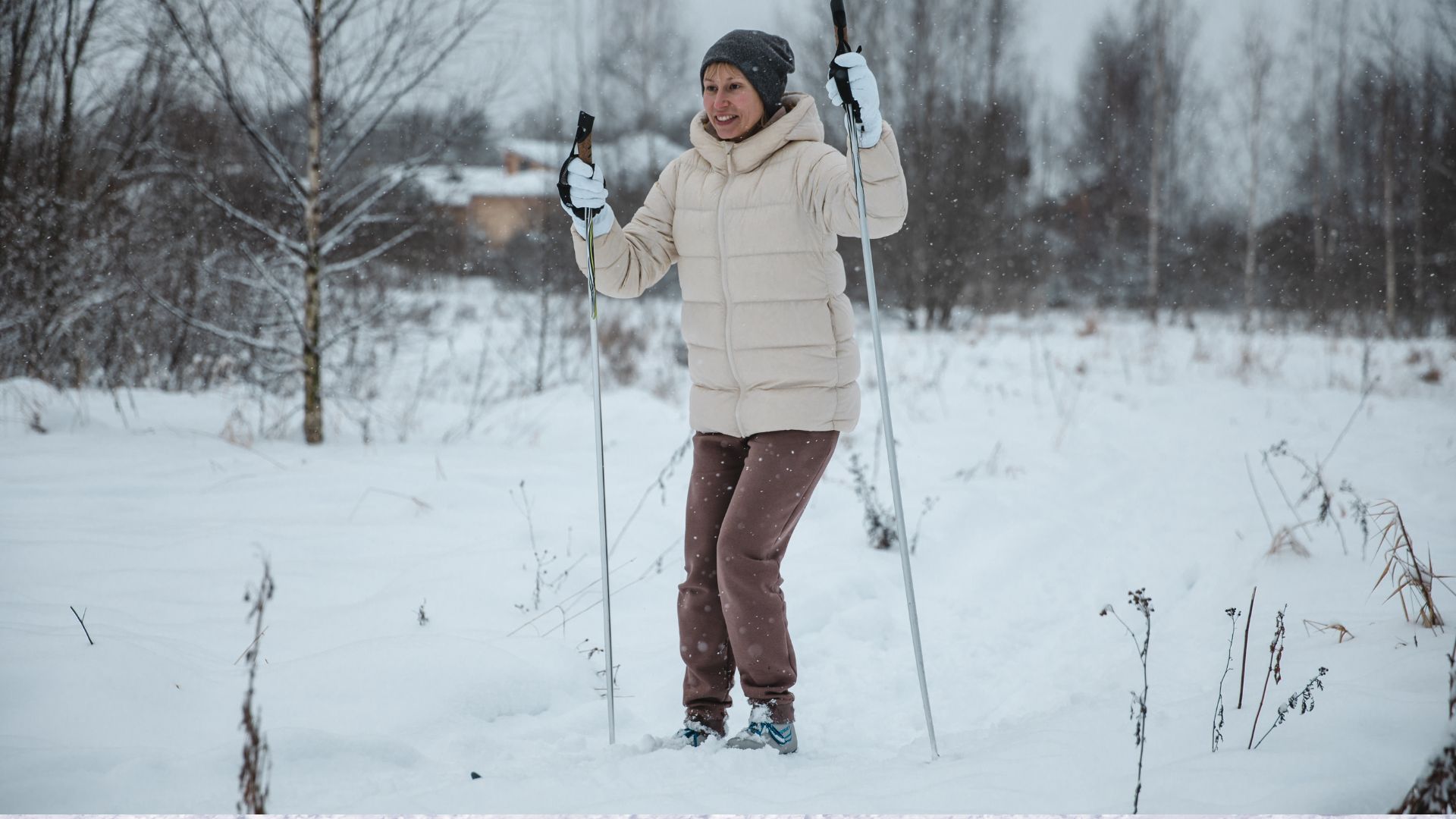
Cross‑Country Skiing: Techniques for Beginners
Cross‑country skiing is an exciting and rewarding winter sport that offers both a great workout...
read More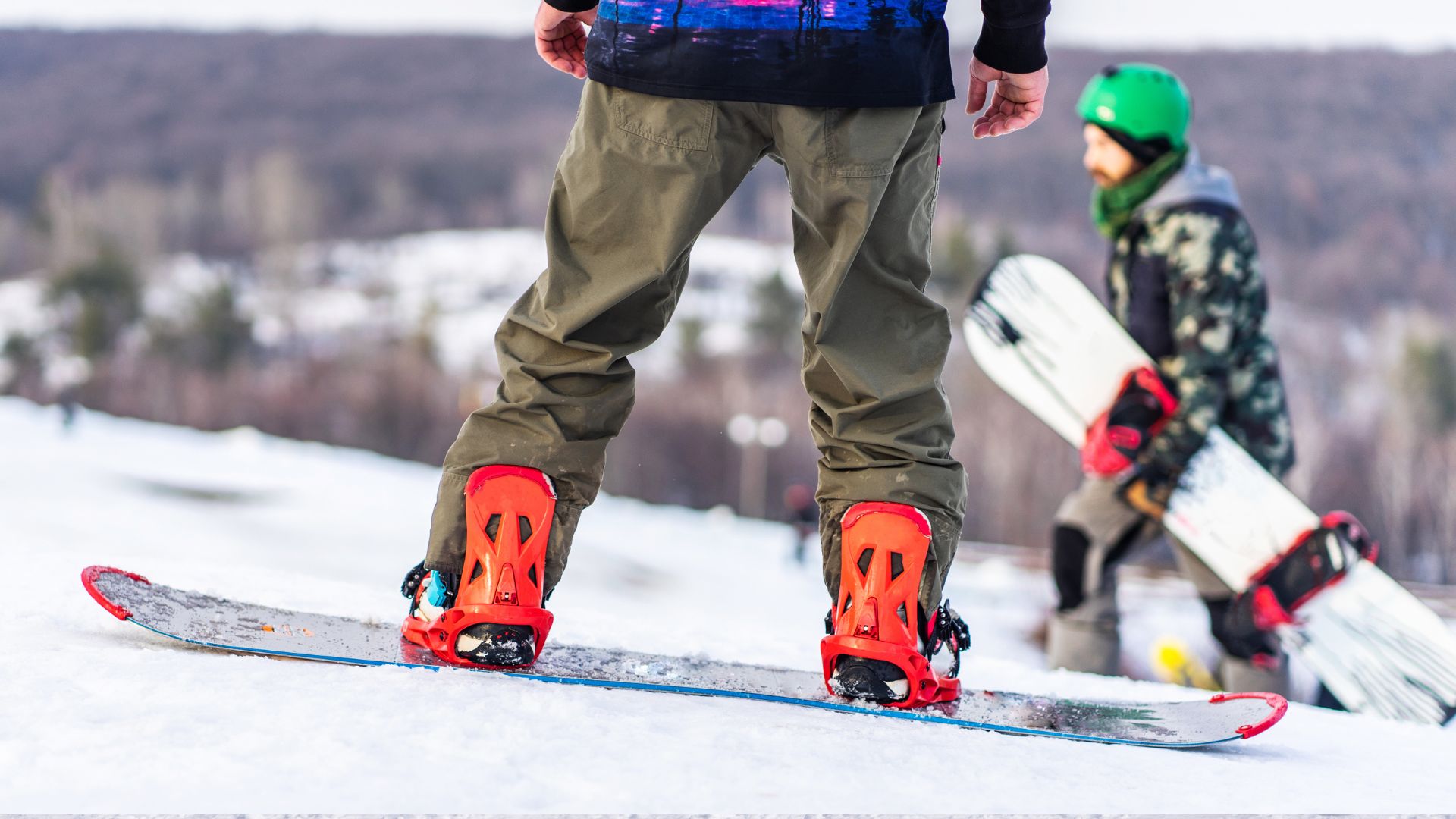
Snowboarding Boots: Essential Gear for 2026
Snowboarding boots are an essential part of your snowboarding gear, offering comfort, support, and performance...
read More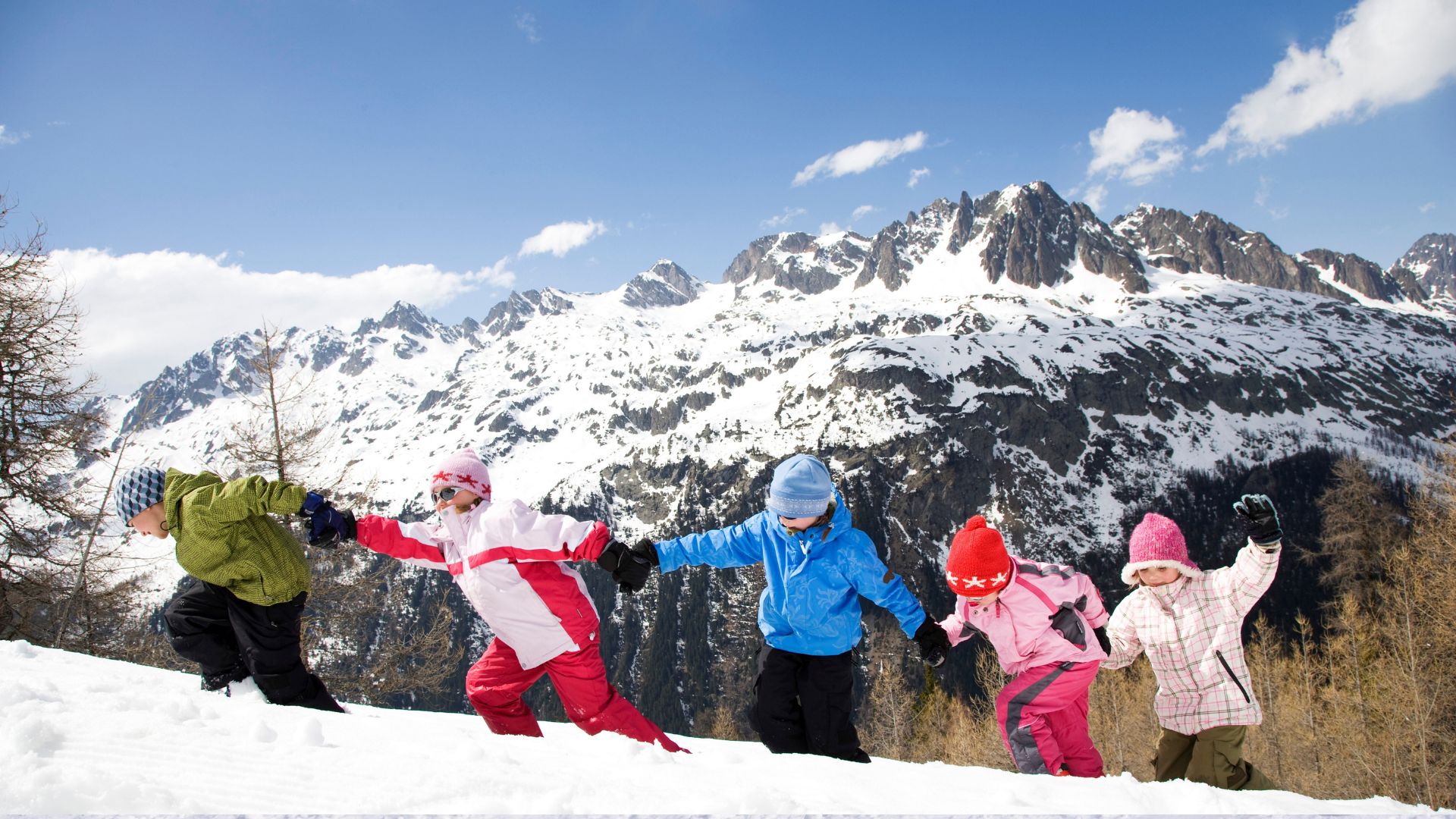
Best Kids Ski Schools: A Parent’s Complete Guide
Teaching your child how to ski is about more than just learning a new sport—it’s...
read More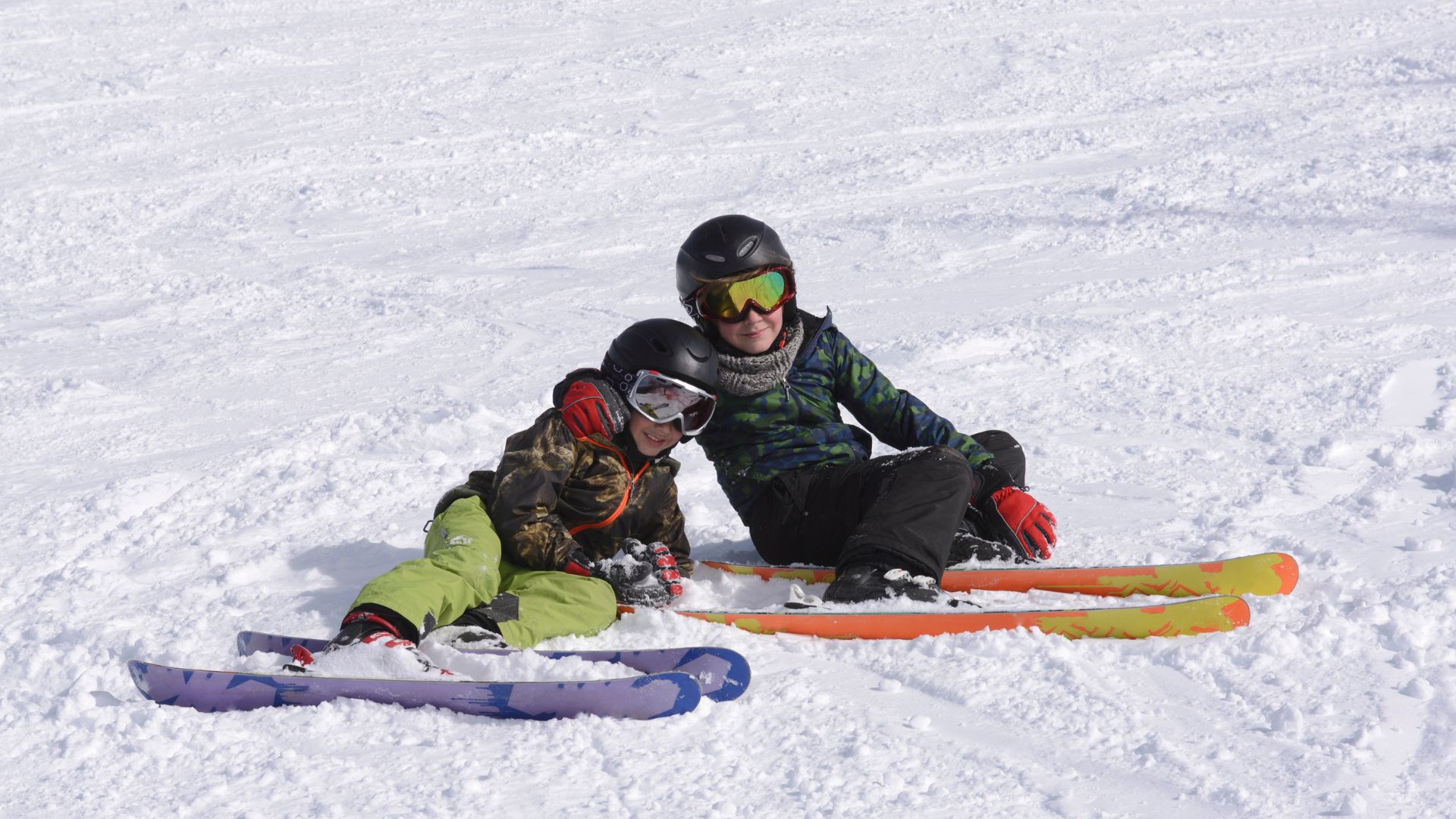
Adventure Ski & Snowboard School: Everything You Need to Know
Winter sports offer more than just excitement—they create confidence, discipline, and unforgettable experiences. Choosing an...
read More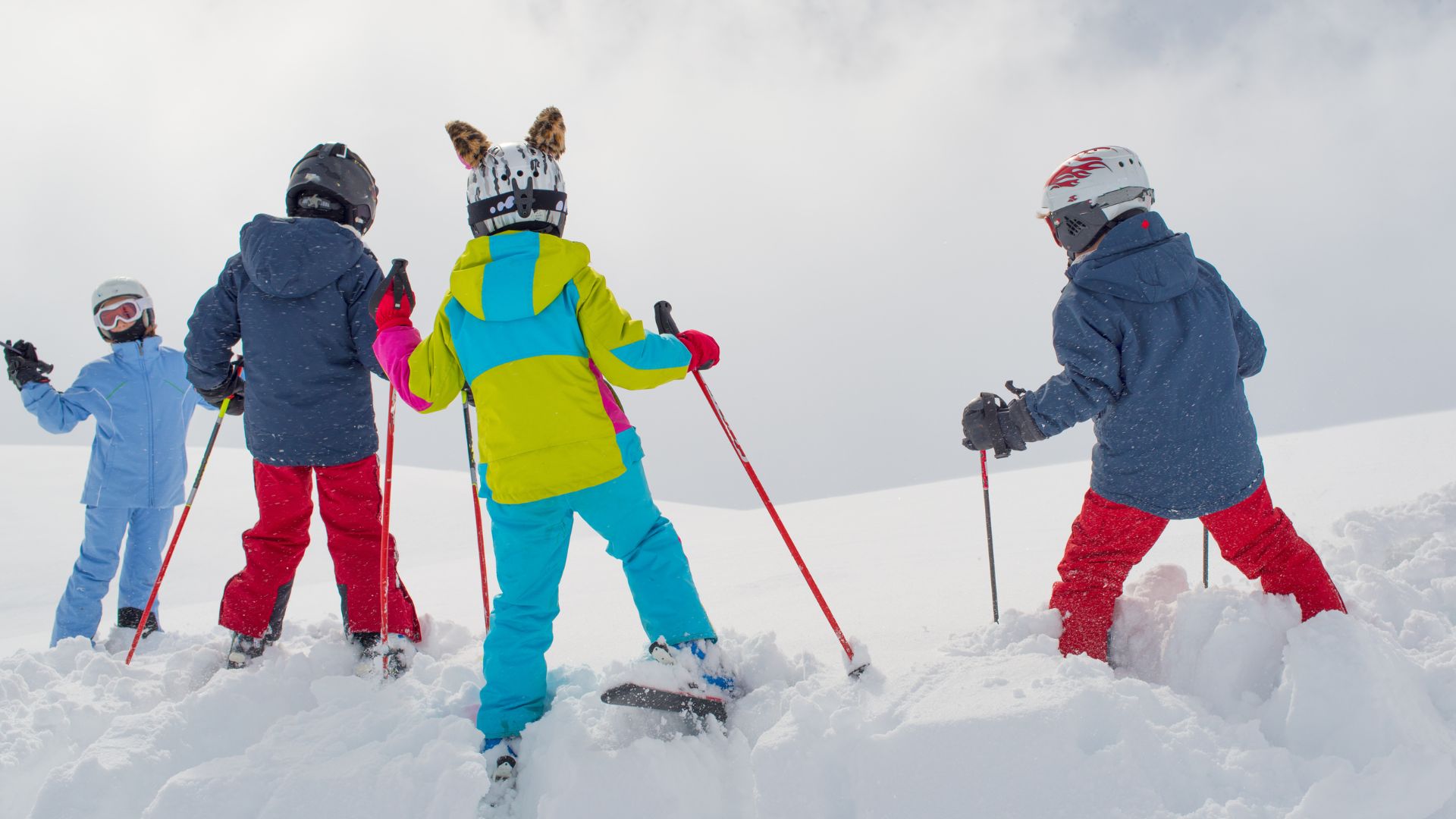
Best Ski Schools for Kids: What Truly Matters for Young Skiers
When children learn to ski the right way, it can shape how they feel about...
read More
Understanding Skiing Boarding Schools and How They Work
Education does not always follow a traditional classroom-only path. For students who thrive in structured...
read More